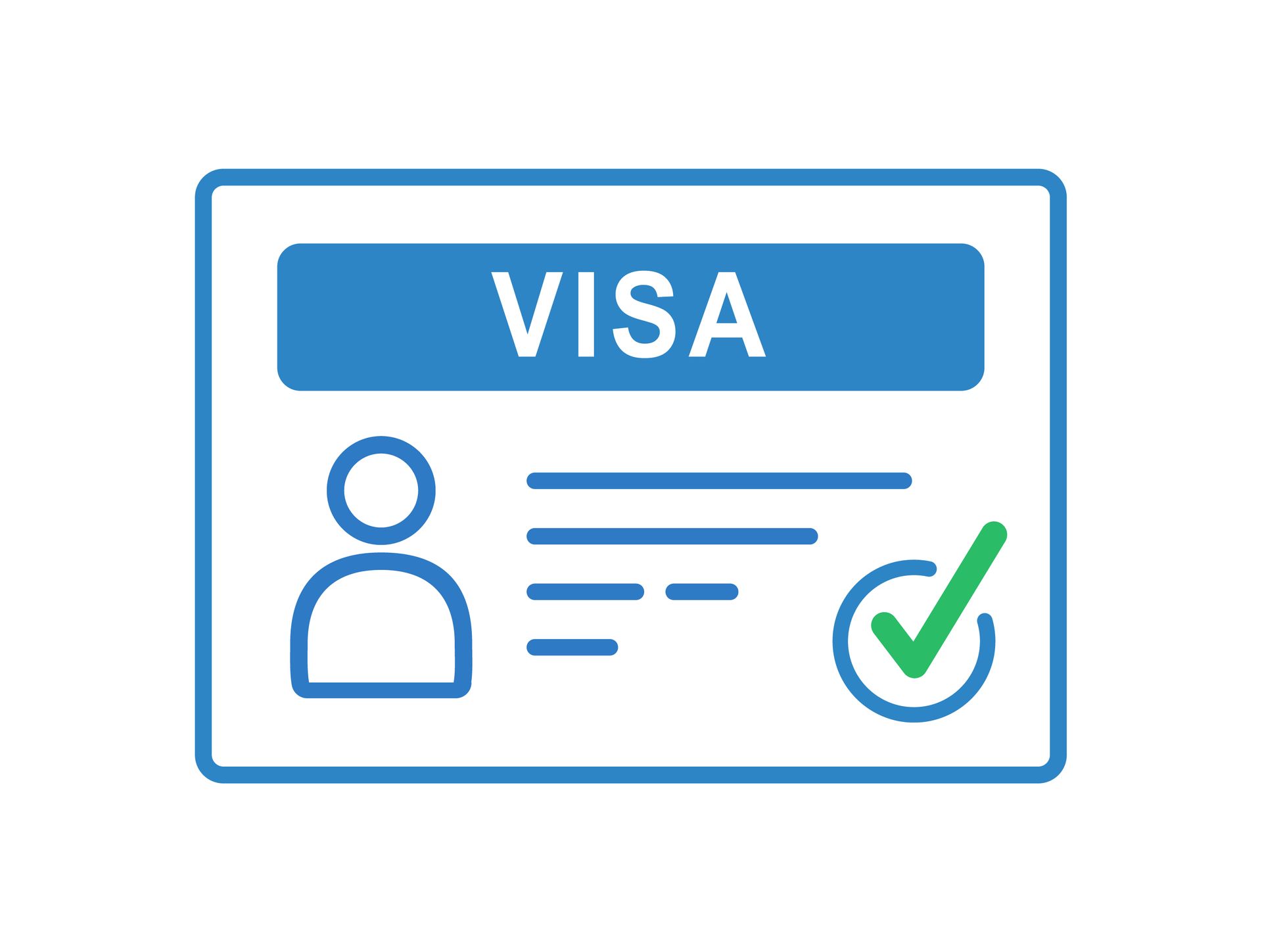December 5, 2024
Preparing for an immigration interview can be a daunting task, filled with uncertainty and anxiety. For many, it's not just a step in the legal process but a significant milestone in their journey. At Sintsirmas & Mueller Co. L.P.A., we understand the importance of this pivotal moment and are here to ensure that you feel confident and well-prepared. We will delve into crucial tips, suggestions, and insights to help you ace your immigration interview. What to Expect The first step in preparing for your immigration interview is understanding what to expect during the process. Typically conducted at a local U.S. Citizenship and Immigration Services (USCIS) office, these interviews are designed to verify the information submitted in your application and assess whether you meet all eligibility requirements. Being familiar with the format of the interview can significantly ease your nerves; it usually involves personal questions about your background, family, employment history, and reasons for immigrating to the U.S. For those facing language barriers or complex case details, having legal representation by your side—such as an attorney from Sintsirmas & Mueller Co.—can provide invaluable support. Organization of Documents Preparation is key when it comes to handling document verification during your interview. Compile all necessary paperwork well ahead of time, ensuring that each document aligns with what was submitted in your initial application. This might include passports, visas, marriage certificates, birth certificates of dependents if applicable, financial statements proving economic stability, or any other documents pertinent to your specific case type (such as evidence of residency). Organize these documents neatly in a folder or binder so they are easily accessible upon request by USCIS officers. Mock Interview Conducting mock interviews is a way to prepare yourself mentally for what lies ahead. Enlist friends or family members who can role-play as USCIS officers asking typical questions—this exercise helps improve confidence levels while offering insight into areas requiring further clarification or study on the part of applicants themselves before their actual appointment date arrives on schedule. It’s also beneficial because feedback from trusted individuals may highlight aspects previously overlooked during self-preparation sessions alone without external input available otherwise. Be Genuine Understanding cultural nuances is important, as USCIS officials often assess how well applicants integrate into American society, their relationships with family members and dependents they plan to join in the U.S., and their genuine desire to become part of this diverse community. Plan your responses thoughtfully, being honest about your immigration motivations without sounding rehearsed or scripted. Additional Tips: Be punctual for your appointment Dress professionally to make a good impression Assess the driving and parking situation a week before your interview The immigration interview process is a big step toward achieving your desired status or visa. By thoroughly preparing, you can approach the interview with confidence. Remember to gather all necessary documents, practice through mock interviews, and understand cultural nuances, all of which can improve your chances of success. Seeking the professional guidance of Sintsirmas & Mueller Co. L.P.A. can provide an added layer of assurance and support.












